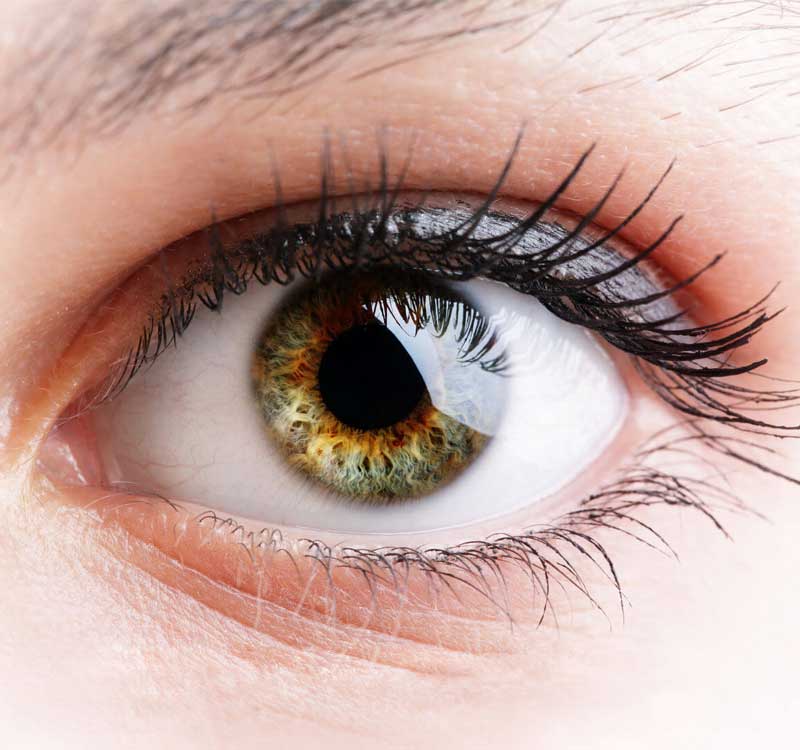How is your vision? Can you see to drive after dark? Do the headlights from other cars bother your eyes? Can you read normal print without difficulty? Do you have dry eyes, or other problems with your vision? Vision problems are very common after 40 and especially after 60. This month I am going to talk about vison health – something that is a problem for many people, and had been a problem for me until recently.
For vision issues there are a couple of different things you can do to improve your vision. There are many supplements that help improve vision and there are certain foods you can eat to improve your vision. First, let’s talk about foods that can improve your vision. A diet that will help you improve your vision and keep your vision healthy contains the following:
- RAW CARROTS – Carrots are full of beta carotene; your body can turn Beta carotene into vitamin A. Vitamin A is important for forming the necessary proteins needed to help your eyes process both light and dark lights. If you don’t the right amount of Vitamin A, you might experience night blindness – your eyes will have trouble focusing in low light environments.
- PASTURED EGGS – Pastured eggs are eggs that come from chickens that are allowed to roam freely and eat what they are supposed to eat – bugs, worms, grass, etc. These eggs are loaded with healthy fats and proteins as well as carotenoids like lutein and zeaxanthin which are important antioxidants.
- GREENS – Many fruits and vegetables are loaded with carotenoids. Green vegetables such as Kale, spinach, broccoli, Brussels sprouts, parsley, and collard greens contain both lutein and zeaxanthin. Both of these antioxidants are extremely important for eye health. These antioxidants help your eyes process blue light – blue light that comes from your devices – phones, computers, etc. In these ages when we spend so much times looking at our phones we need as much help processing blue light as possible.
- WILD-CAUGHT SALMON – Have you ever heard of DHA? DHA is an omega-3 fatty acid found in wild-caught salmon. DHA is found within our whole body, including our retina. DHA helps keeps your retinas functioning as they should. Recent studies show that high doses of DHA and omega-3 fatty acids are used to delay age-related macular degeneration.
- OYSTERS – These sea creatures are one of the highest sources of zinc – realize that zinc is an essential mineral with many potential benefits – many of them pertaining to eye health, as well as boosting your immune system.
Basically, eating a healthy diet will help improve your vision, as well as your health in general. Problem is that many people don’t eat a very healthy diet, and in this case, you will need to supplement. Keep in mind that not all supplements are created equal – many of the supplements you find at the grocery store, drug store, or stores like Costco, Walmart, Target, etc., are not going to do what you want them to do. At the very least you should purchase them from Vitamin stores, but even than you may not get high quality. I order mine online, or purchase them at places such as Health Food stores, Sprouts, or Whole Foods.
So, here is a list of the supplements you should take for vision health – Beta Carotene (vitamin A), lutein, zeaxanthin, Omega 3 fatty acids, Vitamin C, Vitamin E, Zinc, Astaxanthin, Bilberry extract, and Lycopene. Lutein and Zeaxanthin are antioxidants that protect the eye from free radical damage, and act as a blue light filter. I take two different supplements for my vision – one is a blend called Prime Vision, and the other is Astaxanthin which is an antioxidant and is responsible for the pinkish color of salmon and crab. Both my husband and I take these and our vision which has improved dramatically since starting to take them a few months ago.
Please feel free to contact me if you have any questions about supplements that can improve your vision health.
Cheryl Blake

